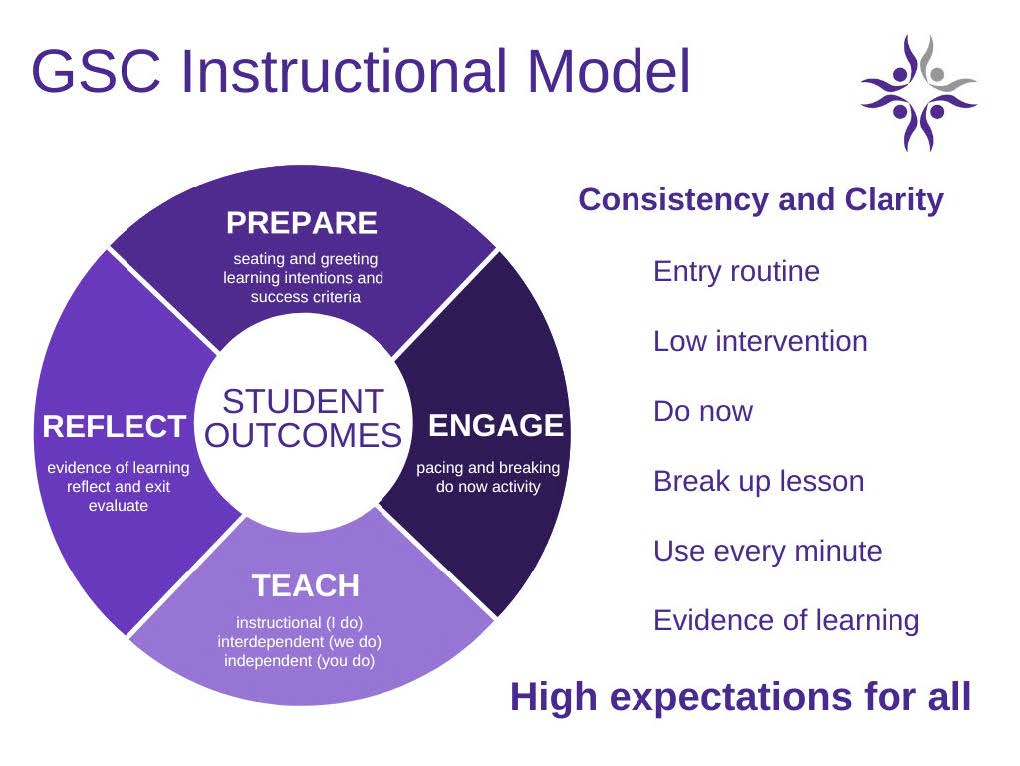Approach to Teaching
TEACHING
At Gleneagles, we base our learning and teaching program on the following assumptions:
- Every person is a learner
- Learning is an ongoing and lifelong process
- Literacy and Numeracy skills underpin learning
- People learn within social and cultural contexts, independently and through interaction with others
- What is learned depends on the way it is learned and with whom it is learned
- The vital aspects of teaching and learning include identifying and extending the ways we learn, creating learning opportunities and evaluating learning outcomes
- Learning requires the confidence to try and fail, and to try again, as a critical pathway towards success
- When learning are engaged and given the confidence to try their best, they will be amazed at what they can achieve
'When we challenge students to gain knowledge and apply learning and when we support them to experience success, we are teaching them a powereful lesson... that when they have the confidence to try their best they will be amazed at what can be achieved.'
Instructional Model
Our instructional model focusses on providing a supporting environment that finds the balance between learning routines and allowing students to exercise agency over their learning.

Literacy and Numeracy
- Strong literacy and numeracy skills are foundational to all subjects across Years 7-12.
- Developing literacy and numeracy skills ensures students are able to access their desired pathway and career options.
- Research supports that long term outcomes are more positive, on average, for individuals who have strong literacy and numeracy skills.
- Literacy and numeracy skills include traditional math, reading and writing, it also includes the ability to listen and respond, to problem solve, the development of subject specific vocabulary and digital literacy.
Literacy
Literacy and English language proficiency are important lifelong tools that support and benefit us in all aspects of our lives. Literacy not only helps us to develop skills that are critical in our daily interactions, but it creates opportunities to enrich our lives beyond functional tasks. At Gleneagles we support our students’ literacy development through a number of approaches.
Accelerate Program
This program places students in small class groups, supporting them at their identified point of need. They work with the teachers and teaching assistants who are best placed to support and meet the diversity of needs that we see with our students.
Student growth in the Accelerate program is monitored through a range of formal and informal assessments, providing flexibility in the groupings to evolve as our students master aspects of their literacy learning.
Reciprocal Teaching of Reading Program
Another approach to supporting literacy at Gleneagles is the Reciprocal Teaching of Reading program. This program is embedded within the usual English classroom learning structure, with one hour a week of classroom time devoted to this structured approach to reading.
This is an approach which prioritises meaning-making through collaboration, with students working in small groups to apply comprehension strategies and discussion skills to meaningfully engage with a text, share their ideas and perspectives, and practice low-stakes writing about the reading they have done.
Teachers begin by guiding students through the process of using skills, habits and strategies of ‘good readers’, coupling this with the explicit teaching of discussion moves and active listening. As students become more confident with the strategies and process of Reciprocal Teaching, students are able to take more ownership over their learning, setting individual and group goals and negotiating the types of short texts they study within this program.
Reciprocal Teaching enables students to build skills and confidence with comprehending and interpreting a text, sharing ideas, and using evidence to support their responses to texts.
NUMERACY
Traditionally over half of VCE exams contain questions (outside of VCE Maths subjects) that require the application of numeracy skills. Often these questions are presented as:
- sets of data (E.g. Business Management, Accounting, Biology)
- graphs that require analysis and interpretation (E.g. Health and Human Development, Physical Education)
- the need to use statistics to provide support for arguments (E.g. History, Legal Studies)
- problem solving for project development (E.g. Art, Design Technology, Visual Communication, Personal Development)
Further, numeracy is applied by every individual on every single day, regardless of the individuals occupation or circumstances.
At Gleneagles Secondary College numeracy development is a focus across all subject areas. Our Maths faculty is focussed on developing students' core skills, whilst across other faculties the focus in on having students develop and apply numeracy skills within the context of that particular subject.
Problem Based Learning (PBL)
Year 7 and 8 Maths at Gleneagles includes the concept of Problem Based Learning.
The concept of PBLs at Gleneagles allows students to become active participants in the construction of knowledge. Essential to this is the teacher setting a range of worded problems that challenges the students. This allows students to use models and other techniques to solve these problems whilst collaborating with their peers.
The emphasis is on sharing various ways to solve problems and the strategies the students use, rather than on the final answer. This allows students to develop a range of strategies to demonstrate important mathematical skills and further develop their mathematical toolkit, whilst also building their engagement and confidence in the maths classroom.
